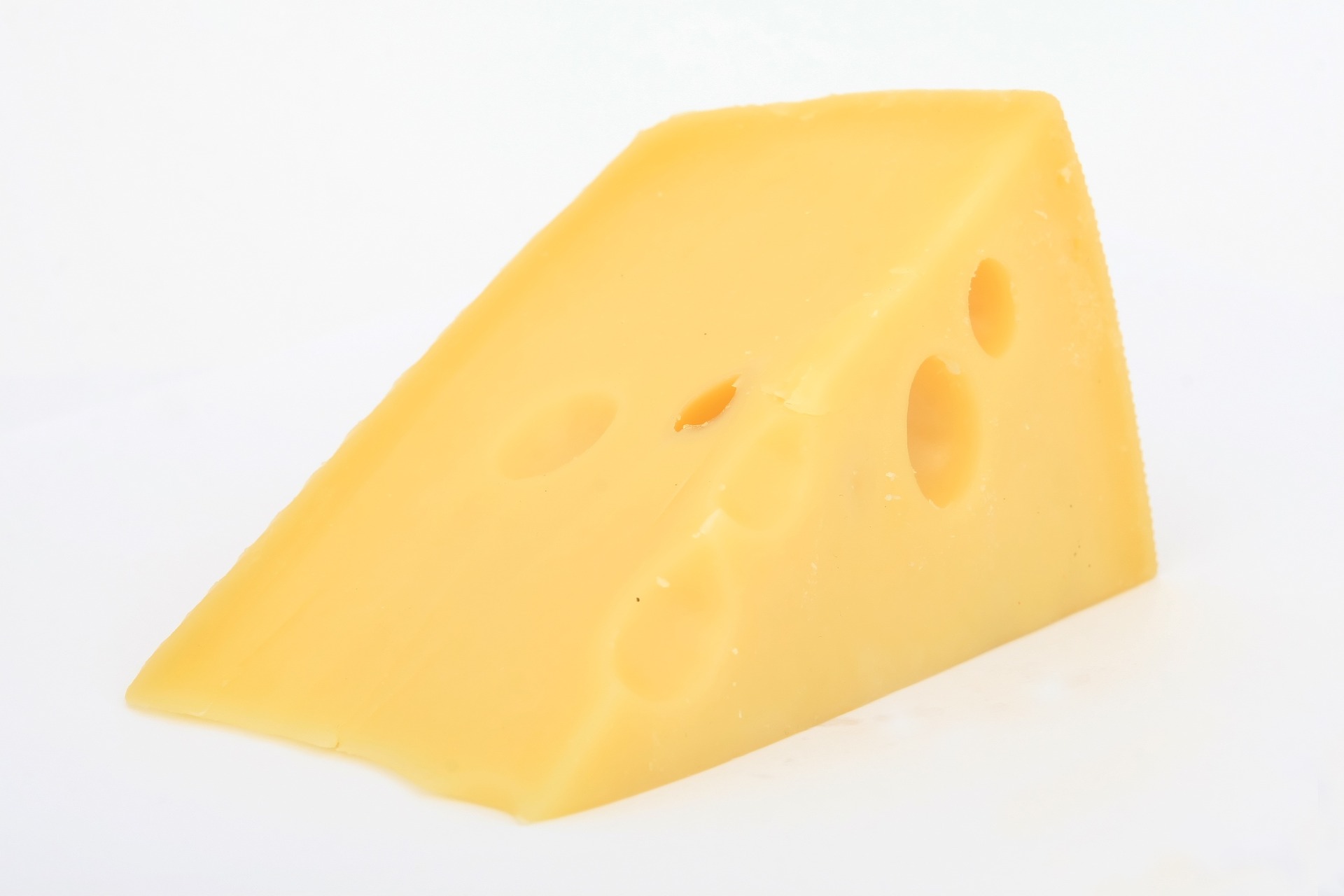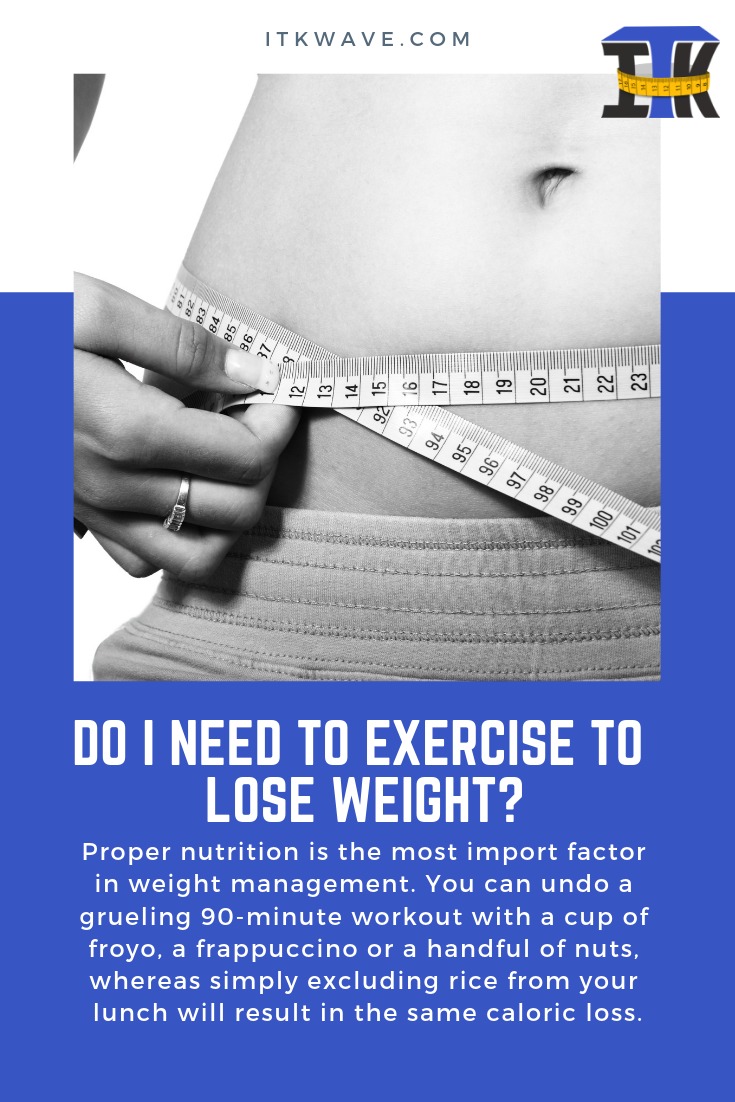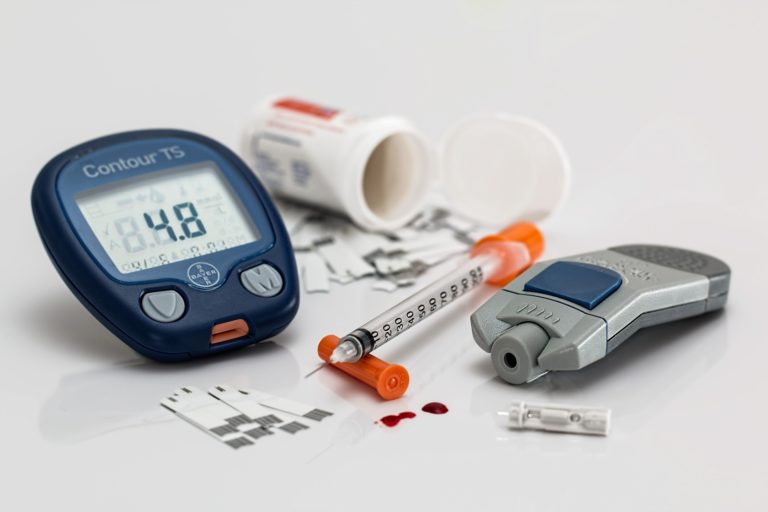HOW HEALTHY IS CHEESE?
BY: FITZ-GEORGE RATTRAY
People absolutely love cheese. The ratio of sugars and fats are similar to what many of us are programmed to love and desire from childhood. The texture and versatility make it even more tempting and alluring, but is it healthy? If so the question is, in what quantities.
Before we look at how healthy cheese is, we need to identify three commercially available cheese groups. These are real cheese, processed cheese and cheese products. In this article we will focus on two of the three groups: processed cheese and cheese products. Consumers may think they know what cheese is, but most do not. To better understand what many of the products we consider cheese really are, the United States Food and Drug Administration labeling guidelines, can give us some idea of what we might be putting in our bodies.
PROCESSED CHEESE
These items are commonly found on our supermarket shelves and by regulations are products containing at least 51% cheese
CHEESE PRODUCTS
These items are those which contain less that 51% cheese, often 42% cheese or less.
So, what are we eating? What have we been consuming if practically half or more of these products is not cheese at all? Let us have a look at some of the ingredients.
Processed cheese and cheese products sometimes contain:
- Starches and gums to help with smooth texture, stretchiness and overall plasticity of the product.
- Emulsifiers such as sodium phosphate, potassium phosphate, tartrate or citrate are used, to give an even texture throughout the product when it is melted. Natural cheese has the tendency to separate into protein and liquid fat making it lumpy when heated. * Industrial Vegetable oils such as soy, canola and corn oil are used to bulk up the product caving their real cheese costs and to make the flavor and texture more marketable.
- Sodium and sugar contents trick our senses into craving the product with each mouthful, often resulting in doubling sodium levels.
- Artificial colors are used to add brightness and vibrancy.
- Preservatives such as sorbic acid and sodium citrate, increases shelf life, resulting in more time to sell and more revenue per product. These cheeses often don’t even need to be refrigerated and even when dried up seldom even gather mold, as mold is not interested in touching those materials.
Practically half or more of what you purchase, when you think you are buying cheese, are the products above. Therefore, let’s look at the health risks of just a few of these products.
Sodium phosphate: Do you remember this emulsifier? It is also used in pharmaceutical medications and comes with a warning for possible kidney damage.
Vegetable oils: the most industrialized vegetable oils are commonly used. These oils are highly oxidized, which can result in a breakdown creating free radicals and can raise our risks for heart damage, cancers and strokes as well as making them inflammatory and potentially toxic. Often these oils may be hydrogenated which can be particularly dangerous. The added oil content, on top of the animal saturated fat content can add to the promotion of clogged arteries, heart disease and obesity.
Sodium and sugar: purified commercial salts (as opposed to sea salts and rock salts) and processed sugars have been linked to a laundry list of diseases including hypertension, kidney damage, type 2 diabetes, obesity, neuropathy or nerve death, blindness, skin conditions and much more. Colouring agents: such as yellow 6 has been banned by the European Union because in animal studies they have been shown to promote tumor growth.
In simple terms, processed cheese products are a chemical concoction made with cheese which often fools consumers into believing that we are eating real cheese nature. The truth is we are ingesting an industrial product which will potentially, irreparably damage our bodies.
Because of this I will not and cannot recommend these products as a part of your healthy lifestyle, and I will only advise you to read the packaging of your item to make sure it is really cheese. But what of real cheese? Next week we will look at what a real cheese is and whether real cheeses are reasonable for eating even on occasion, and if so which real cheeses are best as a part of your healthy lifestyle.







